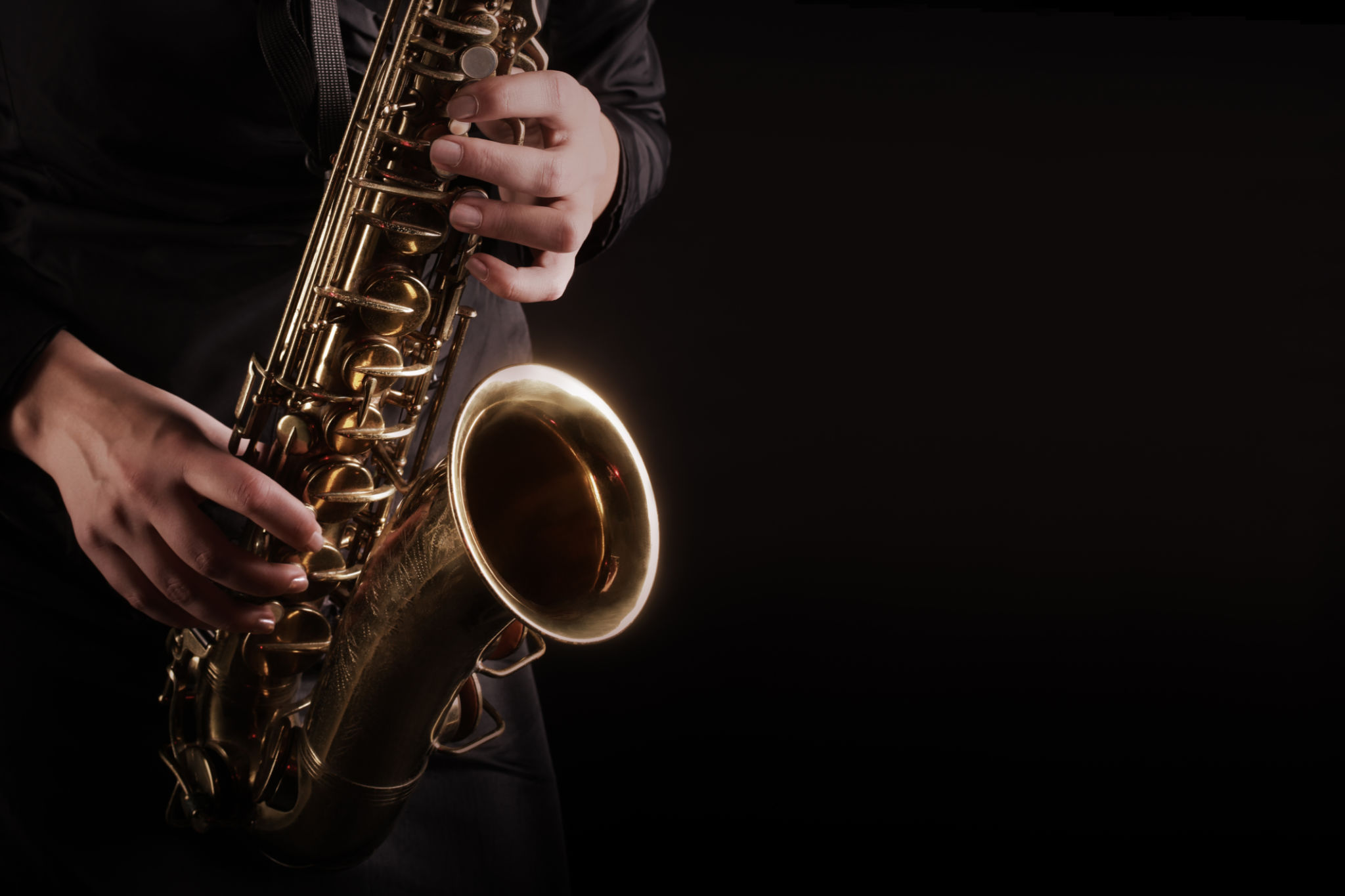Preparing for Your First Jazz Music Lesson: What to Expect
Understanding the Basics of Jazz
Stepping into the world of jazz music is an exciting adventure filled with unique rhythms, melodies, and improvisation. If you're preparing for your first jazz music lesson, it's essential to understand the basics of this genre. Jazz has a rich history and is characterized by its swing and blue notes, call and response vocals, polyrhythms, and improvisation.
Before your first lesson, it might be helpful to listen to some classic jazz tracks. Familiarize yourself with artists like Louis Armstrong, Duke Ellington, and Miles Davis. This will give you a sense of the styles and sounds you might explore in your lessons.

What to Bring to Your Lesson
When attending your first jazz lesson, it's crucial to come prepared. Here are a few items you should consider bringing:
- Your Instrument: Whether it's a saxophone, trumpet, or piano, ensure your instrument is in good condition.
- Sheet Music: Your instructor might have specific pieces for you to play, but it's good to have some basic jazz sheet music on hand.
- Notebook and Pen: Taking notes during your lesson can help you remember important points and practice tips.
The Importance of Improvisation
One of the defining features of jazz music is improvisation. Unlike other genres where musicians strictly follow sheet music, jazz encourages spontaneity and creativity. In your first lesson, you might be introduced to basic improvisation techniques.
Your instructor will likely guide you through simple scales and patterns that form the foundation of jazz improvisation. Don't worry if it feels overwhelming at first; improvisation is a skill that develops over time with practice and patience.

Lesson Structure and Expectations
Typical jazz lessons are structured to help you gradually build your skills. In your first lesson, you can expect an introduction to the instrument's role in jazz and some basic exercises to get you started. Your instructor might also discuss your musical background and what you hope to achieve from these lessons.
Be open to feedback and ready to ask questions. Learning jazz is as much about understanding the theory as it is about expressing yourself musically. Your instructor will likely provide you with practice exercises to work on between lessons.
Practice Makes Perfect
Practicing regularly is crucial for progress in any musical endeavor, especially jazz. Set aside time each day to work on the exercises given by your instructor. Focus on technique, rhythm, and developing your ear for music.

Consider recording yourself while practicing. This will allow you to listen back and identify areas for improvement. Remember, consistency is key; even short daily practice sessions can lead to significant progress over time.
Building Confidence in Your Playing
As you continue with your lessons, you'll notice improvements in your playing technique and musical understanding. Building confidence is an essential part of this journey. Try playing along with recordings or participating in jam sessions with other musicians to enhance your skills.
Don't be afraid to make mistakes; they are a natural part of the learning process. Embrace them as opportunities for growth, and you'll find that your confidence will steadily increase.
The Joy of Jazz
Ultimately, learning jazz is about enjoyment and personal expression. As you progress through your lessons, remember to have fun and let the music inspire you. Jazz is a dynamic and versatile genre that allows for endless creativity.
Your journey into jazz will be filled with discovery, challenges, and rewards. Embrace each lesson with an open mind and a passion for music, and you'll find yourself becoming a more accomplished and enthusiastic musician.
